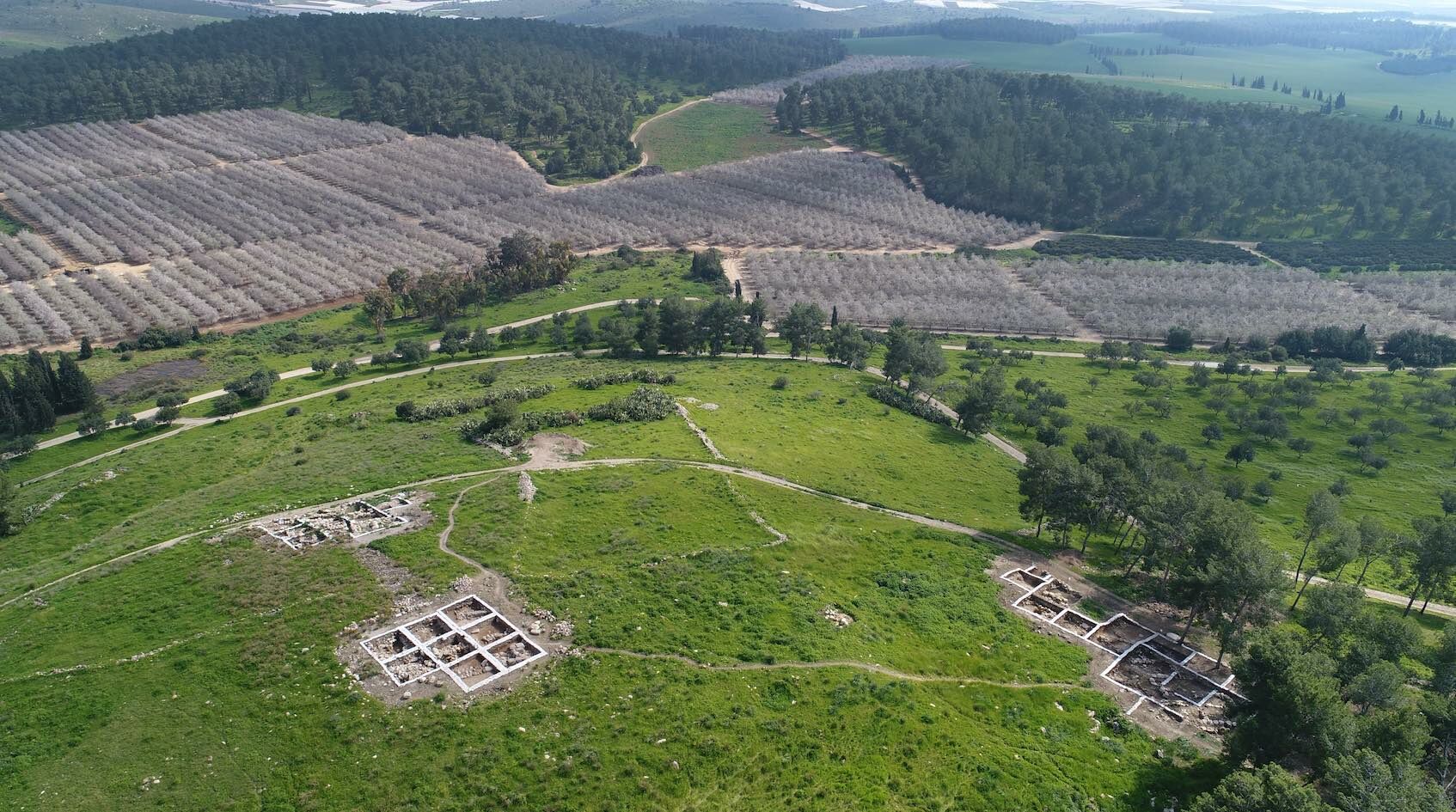
🏋🏻♂️ Mighty Men
A meditation on 1 Chronicles 12
In the wild hills of Ziklag, while David yet dodged the spears of Saul, they came—warriors from every tribe, hearts burning like forge-fires. The men of Issachar who “understood the times and knew what Israel ought to do” (1 Chr 12:32). The Benjamite archers who could “sling a stone at a hair and not miss” (v 2). The sons of Gad, faces like lions, swift as gazelles on the mountains, who crossed the swollen Jordan in flood season with spear and shield (v 8–15). And the Thirty—legendary, terrible, glorious—whose very names still ring like hammered bronze: Jashobeam who lifted his spear against three hundred and felled them in one encounter; Abishai who stood over David in the barley field and struck down giants while the king drank from the well of Bethlehem (2 Sam 23).
These were not polite men. They were not “nice.” They smelled of blood and sweat and covenant loyalty. They were heroics incarnate—masculine glory forged in the fear of God.
And the church of Jesus Christ needs such men again.
Paul did not mince words: “Be on the alert, stand firm in the faith, act like men, be strong” (1 Cor 16:13 NASB). The Greek is andrizesthe—literally “be men.” Quit ye like men. Stop whimpering. Stop apologising for testosterone. Stop coddling the perpetually offended. The snowflake who melts at a hard word needs the elder’s rod, not the elder’s grovelling (Titus 1:13—“rebuke them sharply”).
We have allowed a castrated, risk-averse, feelings-first spirit to rule the house of the Lord. Enough.
It is time to go on the offensive. Take the fight to the strong man’s house (Mark 3:27). March into the no-go zones—the Pakistani gang enclaves, Glastonbury St Michael’s Tower—and preach Christ crucified with signs following. Cast out demons in the Name that makes hell tremble. Let the miracles be louder than the mockery.
Then celebrate the lore. Tell the stories. Name the names. Put the videos on the screens. Build metaphorical monuments to the brothers who stormed the darkness and came back with captives of war set free. Make the church roar again with masculine worship, with psalms that sound like war-cries, with prayers that rattle the gates of bronze.
Young men are starving for this. They are drowning in a culture that hates them, that calls their strength “toxic,” their courage “bigotry,” their very maleness a problem to be medicated away. Offer them an alternative: a tribe, a mission, a King worth dying for.
When the men come alive, the families follow. When fathers stand in the council of the mighty, their sons will not depart from it.
So let the world keep its soft, effeminate, whimpering religion. We will not bow. We will mock it, scorn it, and raise David’s banner again:
“Blessed be the Lᴏʀᴅ my Rock, Who trains my hands for war, And my fingers for battle.”
Psalm 144